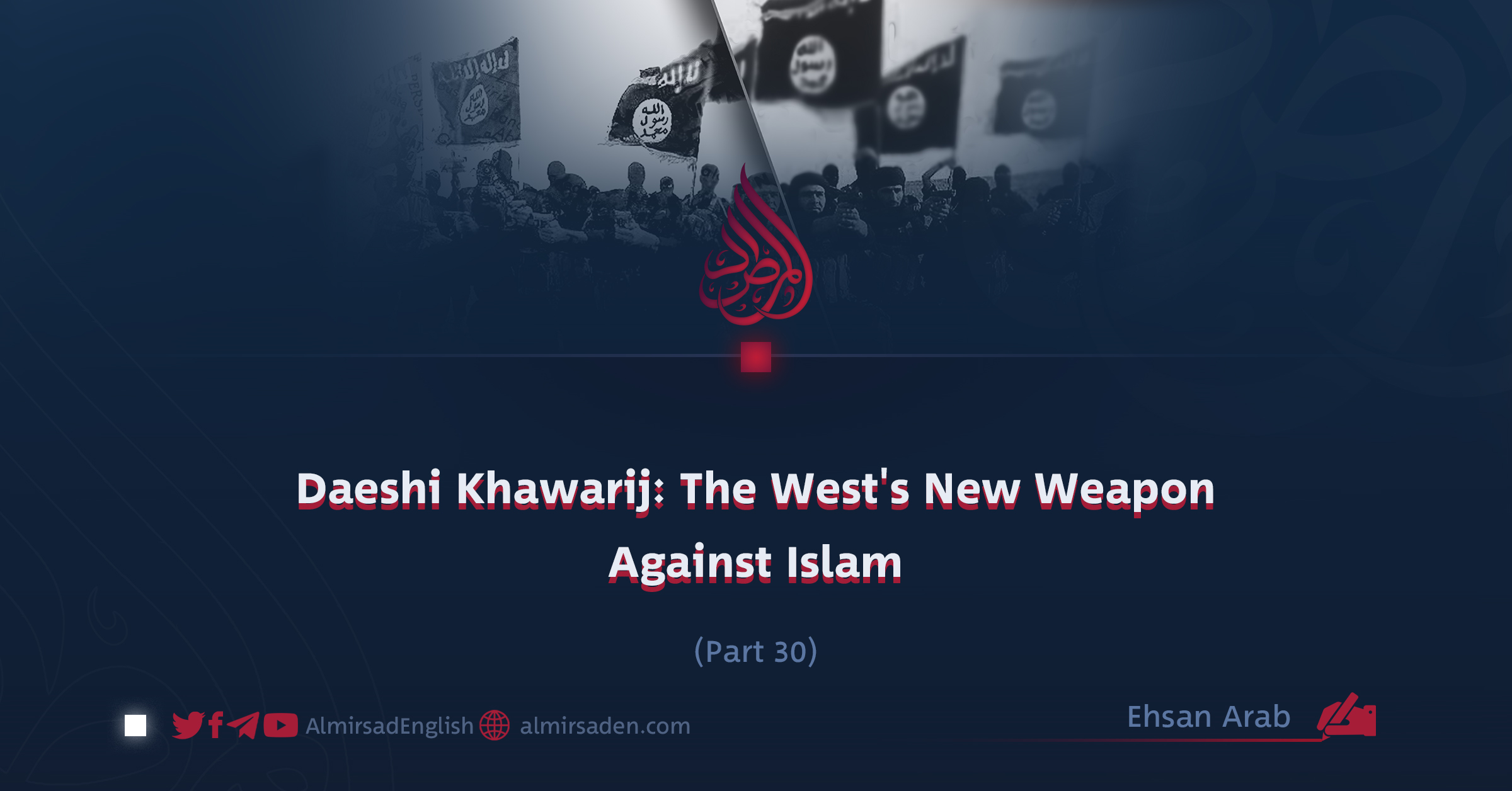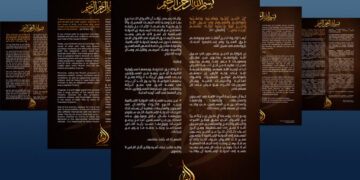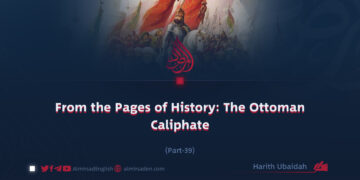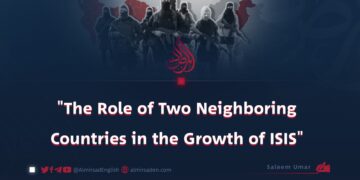Part 30
By Ehsan Arab
Paralyzing Trade and Commercial Routes
In recent decades, one of the chief objectives of aggression has been the disruption of the Islamic world’s economic lifelines. No economy can thrive without secure transportation and trade routes, and the circulation of goods depends entirely on open and reliable pathways. Yet mercenary groups such as ISIS spread fear along these corridors, creating insecurity that allowed the West to weaken and, in many cases, cripple the region’s economies.
For centuries, geography placed Islamic nations at the center of global trade. From the ancient Silk Road to modern ports, overland crossings, and international airways, these routes served not only as channels of commerce but also as bridges between East and West. Instead of nurturing prosperity, the Daeshi Khawarij transformed them into zones of danger. Roadside bombings, raids on caravans, and threats against merchants turned opportunities for unity into sources of instability.
The results served Western interests in ways that direct intervention never could. Each destroyed convoy meant not only the loss of Muslim wealth but also the erosion of investor confidence. Gradually, vital transit routes came to be seen as unsafe, leaving regional economies stagnant and unable to grow.
As local and regional networks faltered, Muslim countries were forced to rely on Western markets or distant supply chains for essential goods. This dependency strained their economies and exposed them to new forms of political pressure.
The insecurity created by ISIS effectively severed economic ties between Islamic states. This rupture allowed the West to present itself as the “only dependable supplier.” The Daeshi Khawarij became a weapon wielded against the very people they claimed to defend, shedding Muslim blood while hollowing out Muslim economies from within.
The damage was felt at every level of society. Farmers unable to export their harvests lost incentives to produce, selling crops at paltry prices locally or watching them spoil in storage. Factories reduced production or closed entirely, unable to secure raw materials or transport finished goods abroad. By obstructing trade and spreading fear, ISIS struck a heavy blow to domestic industry.
This paralysis of trade routes also created opportunities for foreign powers and corporations. They acquired valuable resources from the Islamic world at artificially low prices, exploiting a situation that, under secure conditions, would have allowed these same resources to reach their true value in regional or international markets.
The West understood clearly that connected and self-reliant Islamic economies would become powerful and independent. Through a campaign of terror, bombings, and bloodshed, ISIS shattered those connections and opened the way for outsiders to plunder Muslim wealth with ease.
Perhaps the greatest cost of this manufactured insecurity was the erosion of hope itself. Traders, farmers, and industrialists watched their capital vanish on perilous roads, losing the confidence to reinvest. Growth stalled, stagnation spread, and migration became the only viable escape. Drawn by promises of stability, many left for Western countries. This outcome was no accident. It was precisely what the West intended, and ISIS was the tool that made it possible.



















































